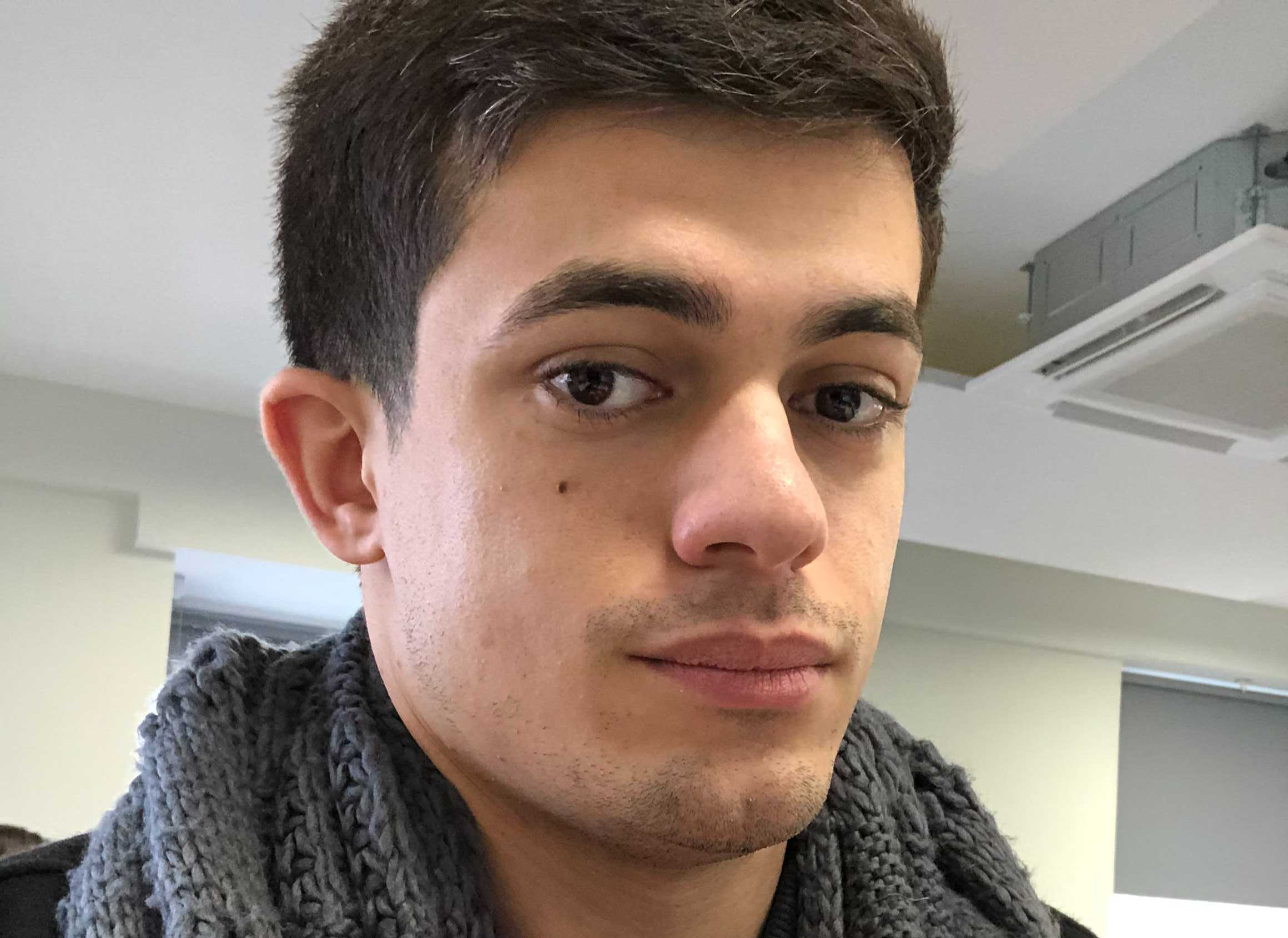Sea of Stars' director on the trauma that helped shape the hit JRPG
Interview | The Messenger and Sea of Stars are part of a long journey for Thierry Boulanger
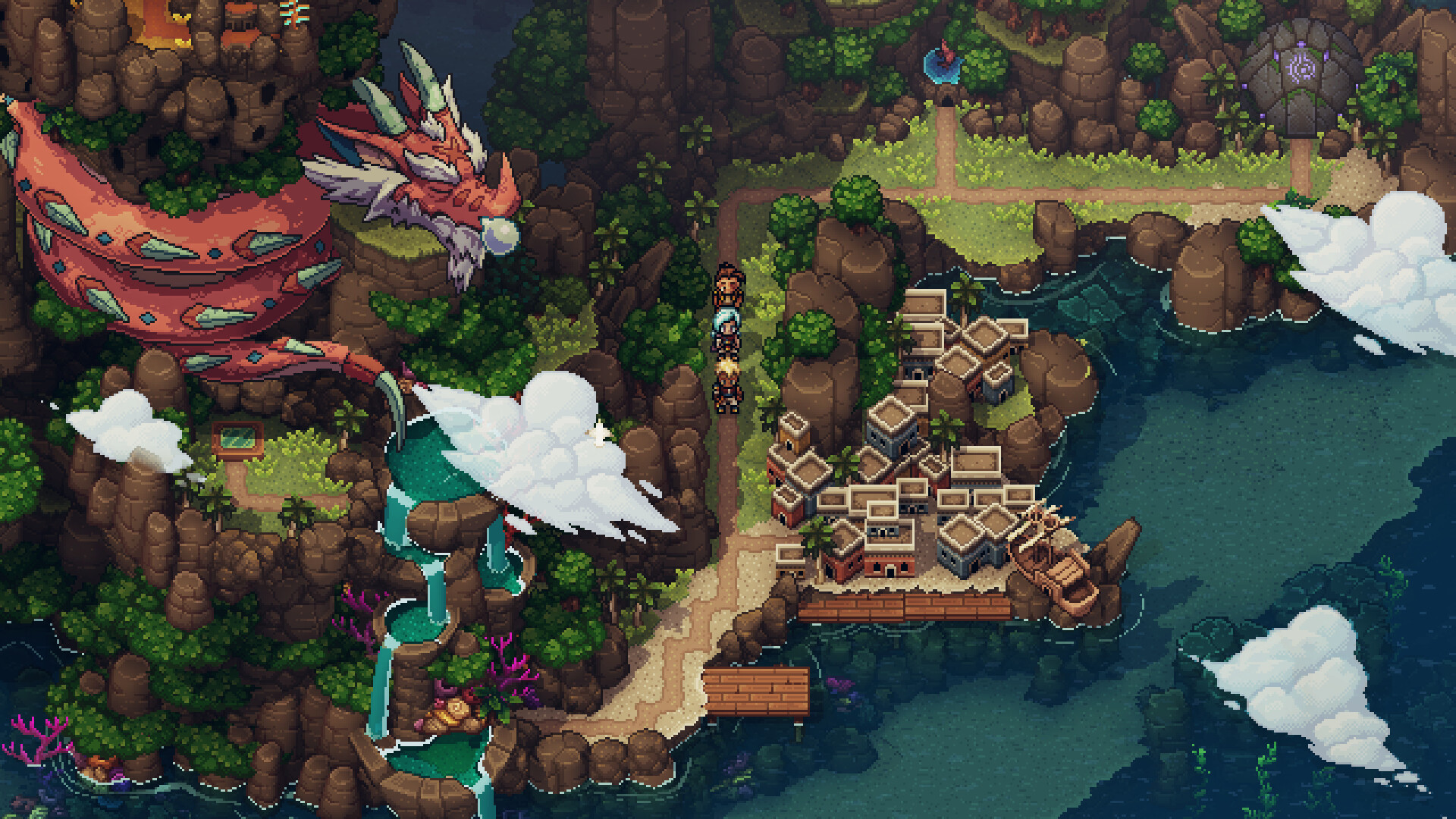
Artists always put themselves on the line. A painter exposes themselves to ridicule in a gallery, or an author imperils themselves by writing about deeply personal issues and themes. Sea of Stars' director, Thierry Boulanger, is no stranger to such risks.
[Content warning: the following article explores topics including mental health, grief, and suicide. There are also story spoilers for The Messenger and Sea of Stars.]
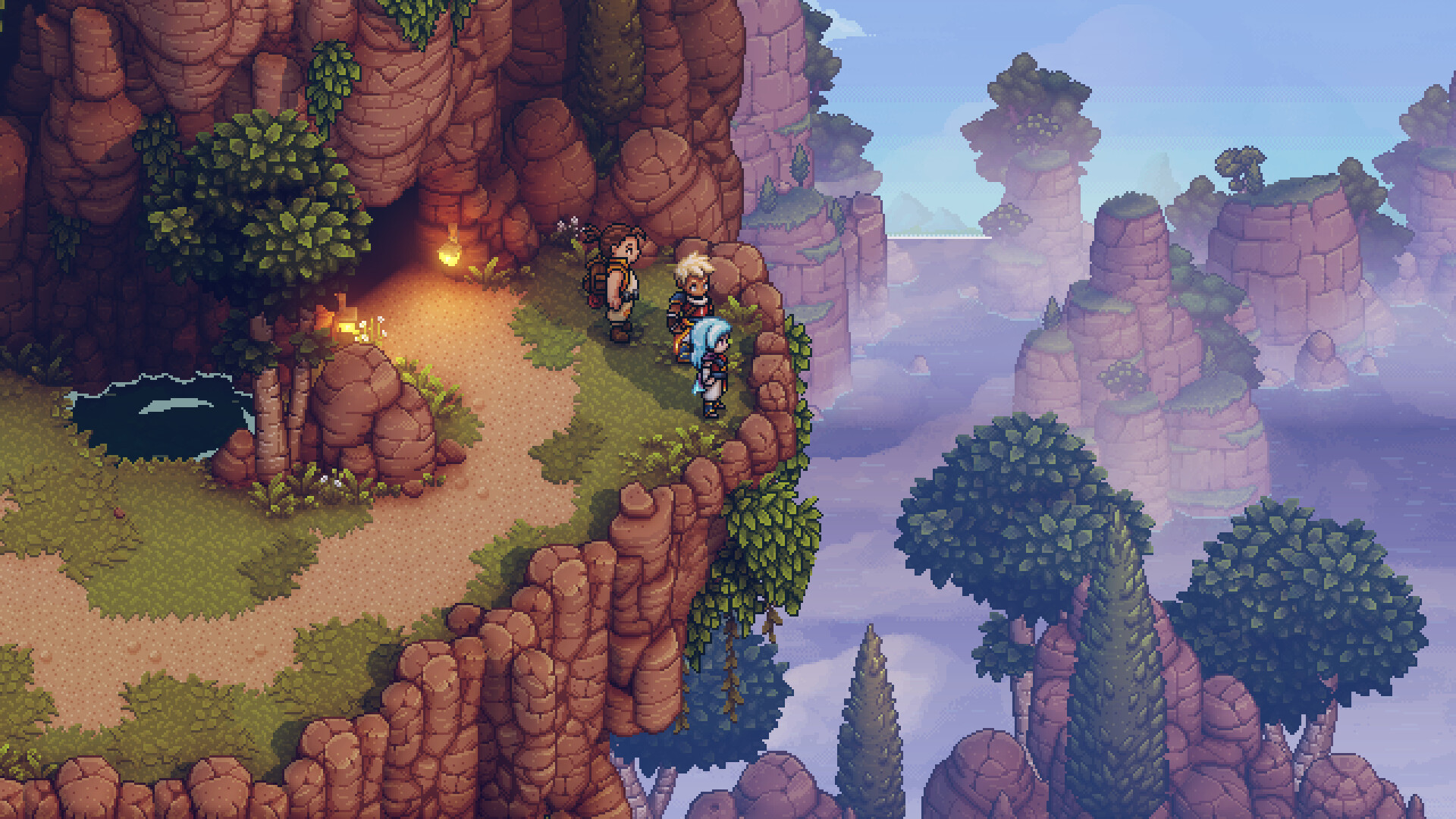
Boulanger founded Sabotage Studio after 10 years of journaling and grief. He's diagnosed with what he calls an "atypical brain," so for Boulanger there are some things that just make sense, and other perceivably straightforward things he just can't get his head around. Boulanger can't reason with how showering in the morning so someone doesn't smell in their place of work is a given in society, but other things that should be seen as similarly normal are instead stigmatized, such as going to therapy. This was all "kind of wild" to him.
So Boulanger went to see a therapist, which was "almost frowned upon," since people are sometimes guilty of treating those going to therapy like they've got a problem, he says. "There's so many ways your brain can start branching, with all the circuits in your brain and you start reacting on instinct, so when we project on other people it's almost like you're casting your shadow on other people," Boulanger adds.
The Sea of Stars director feels like humans are "constantly accusing other people." He draws an example of breaking your elbow, and when the doctor presses on your elbow to test it, you assign the blame to the doctor. "And so it seems to me like you experience treason, like why would you create an experience that was so painful for you like a normal adult would just go well you're unreliable and you're toxic," he says, "it seems like when it's mental we ascribe the hurt and intention to the person."
So Boulanger ultimately found himself in therapy, and struggling. "I was basically done with life, and the way my life was saved was by a very simple metaphor that my therapist got me," he explains. "Imagine a tupperware that's really dirty, so dirty that you just want to throw it in the trash and be done with it, instead of dealing with it and taking the time to clean it, because the effort it would take to get the tupperware back to where you want it are simply too daunting."
"And so the message I got was essentially that, it's not that it's impossible, but it's too daunting. And then I started rambling like 'no you don't understand, I would have to leave this relationship that I'm chained in, I would have to burn bridges with my parents, I would want to start a company to express myself. And so for me starting this new company was like marking a new beginning, and a lot of very difficult things that I had to change."
Sign up to the GamesRadar+ Newsletter
Weekly digests, tales from the communities you love, and more
The Messenger
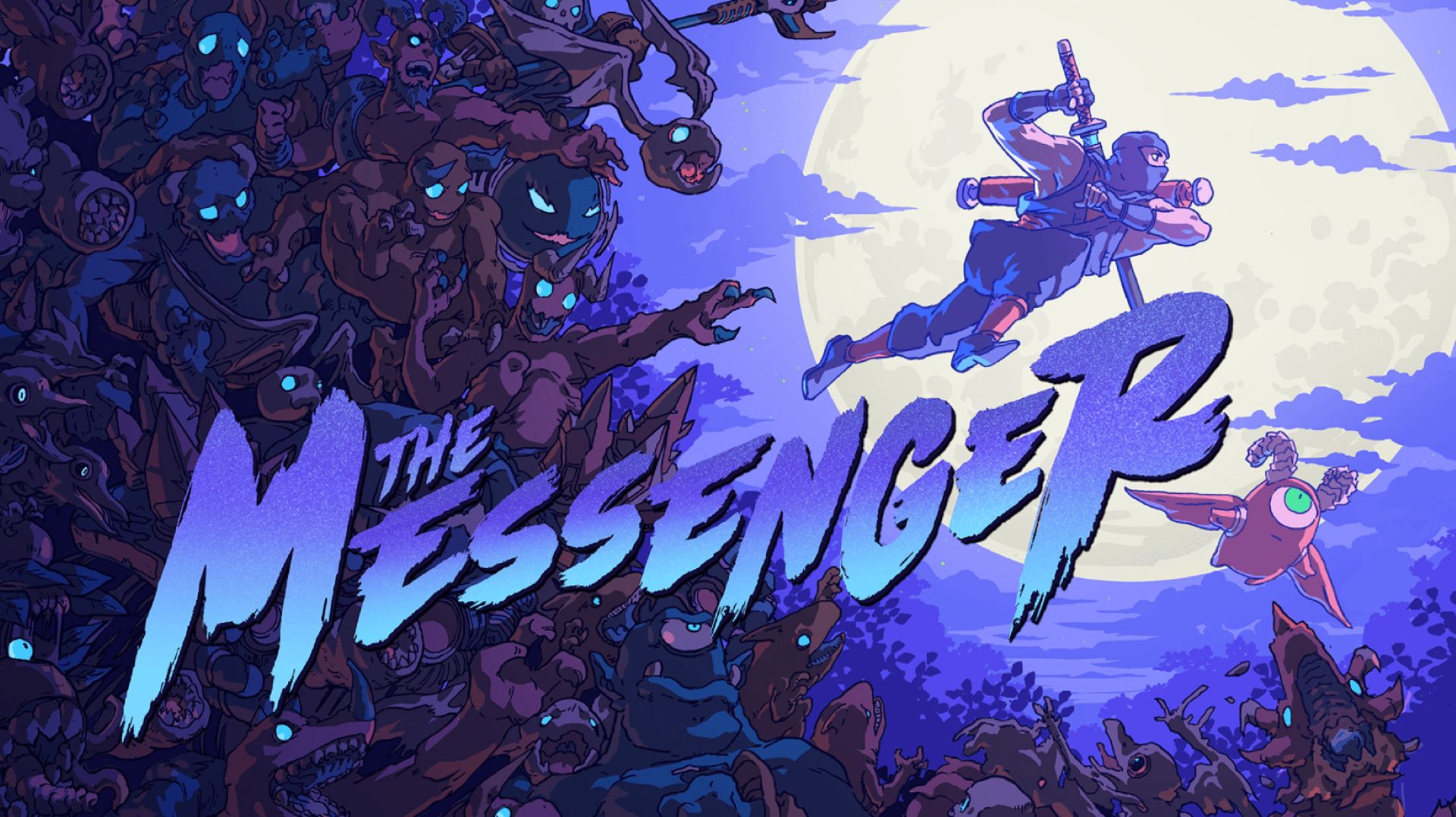
All of this led Boulanger to The Messenger. The 2018 Metroidvania is styled in an 8-bit art style, and this was a very conscious decision from Boulanger. The developer was "presenting you with something that you like in aesthetics that'll make you come over, and while you're here and you bask in the aesthetic or the vibes there's a message in there that you relate to."
From there, Boulanger and Sabotage opened up The Messenger in a tale of grief. This all curiously centres around haunted houses for Boulanger - the director thinks human beings are haunted houses. Everyone in a haunted house movie moves into said house, thinking it's all going to be well and good. They'll even ignore the ghostly noises at first, and pretend they don't hear and see things, simply because they don't want to confront it.
"And the ghosts will increase the volume until your life in that house is hell," Boulanger says, "and the tenant psyches themselves up to not just run away this time, but confront the ghosts head on, demanding to know what they want. It's not like the ghost will say it tortures people because it gets off on it, but because there's a hurt there that needs to be acknowledged, and that the ghost needs the human to take steps to recover, because it physically can't."
"It seems to me we're haunted houses right, because like anxiety and depression are so common and one of the most common things is people believing they're the only ones going through it. So moving forward I'll take care of the inner child and make sure you find peace."
10 years of journaling and recovery led Boulanger to impart his own feelings and mental health into The Messenger's narrative, and that understandably made him nervous, as "anyone could just choose to laugh at your thing, that you just got so real because you're completely exposed." The process thankfully paid off for the director, as he says people reacting positively to The Messenger's tale far outweighs those reacting negatively to it.
The Messenger was freeing, even, for Boulanger. It's all the things he wanted to "put in the rear view, to start building instead" with Sabotage Studio. "I needed to kind of list everything, and kind of make sure I didn't exclude anything, so now it's like okay I'm over it," Boulanger says of the grief and journaling. "And so in terms of healing it was very good too."
Sea of Stars
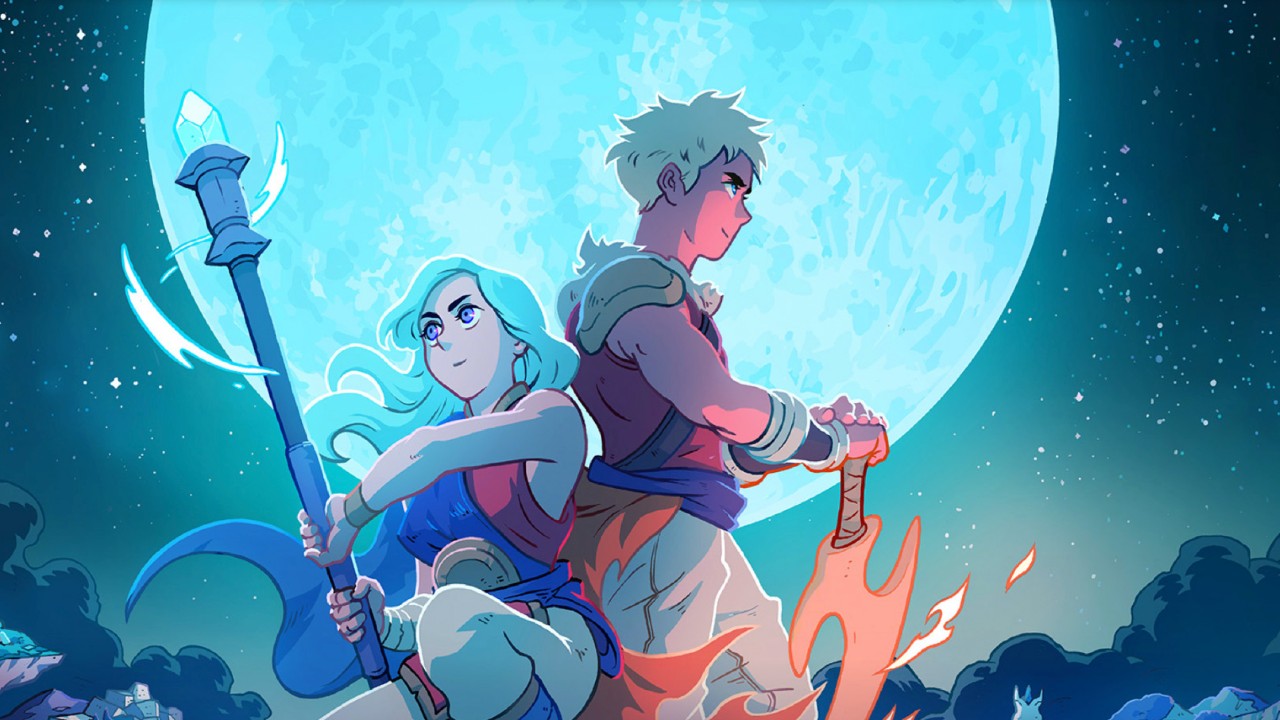
Sea of Stars "felt amazing" for Boulanger. From The Messenger's tale of looking back into Boulanger's grief, Sea of Stars was deliberately designed around looking forward to the future, with hope. It's a continuation of the tupperware metaphor at heart: Sea of Stars is about choosing to continue and "clean" instead of destroying. It has more to do with "creating something and protecting something that's more worthwhile protecting," rather than being the single ray of light in a cursed world.
"The thing that is there consistently throughout is that no matter how daunting or gruesome the thing in front of you is, if you apply yourself, if you do everything you can, if you rely on friendship," Boulanger says, "you can make it through. "I think these stories are still good and they still speak to us for a reason, they acknowledge that you need support, and they acknowledge that being greater than the sum of our parts."
Still, Sea of Stars isn't without its "gruesome monsters," and haunting areas. Boulanger didn't want everything to be viewed through rose-tinted glasses, and so there's still betrayal and trauma, the latter specifically stemming from Headmaster Moraine. Having just witnessed the scene where Brugaves and Erlina betray protagonists Zale and Valere, as well as Moraine, I quizzed Boulanger as to whether the dual protagonists are meant to represent something more optimistic in the face of Brugaves and Erlina's pessimism.
"You're not just morally right with Zale and Valere, you're not better than [Brugaves and Erlina], it's that you actually had it better than those two," Boulanger clarifies. Our heroes were born in the context of the world being "more stable," whereas Brugaves and Erlina were raised in a time where Headmaster Moraine was closer to his trauma, and so there was a lot of dysfunction in their lives growing up.
"So when it comes to them in my mind it's not so much that they're villains, it's where someone can land if they're fed a different framework while they're developing," Boulanger says of the heel turn duo. Our heroes just happened to be luckier, but for the outside world and Boulanger, it still means that good can prevail.
That's been the big takeaway for players as well. Boulanger says a lot of people feel a "willingness to do good" after finishing Sea of Stars, and he couldn't be happier with that result. "It's like a world where anything is possible, and you can kind of always win if you only try. And it seems to be oozing some positivity, once you've tallied all the rollercoasters that it puts you on," he says.
Boulanger's also relieved with another aspect of Sea of Stars. The director put in one "big secret," thinking it would take players months to uncover, but of course they discovered it within a week after launch. That "big secret" is apparently a scene where Boulanger speaks to the player directly through a character, imparting his hopes, dreams, and mental stability to them. "I started getting feedback on that and it seems like it's connecting so I'm really happy," he says.
To the future
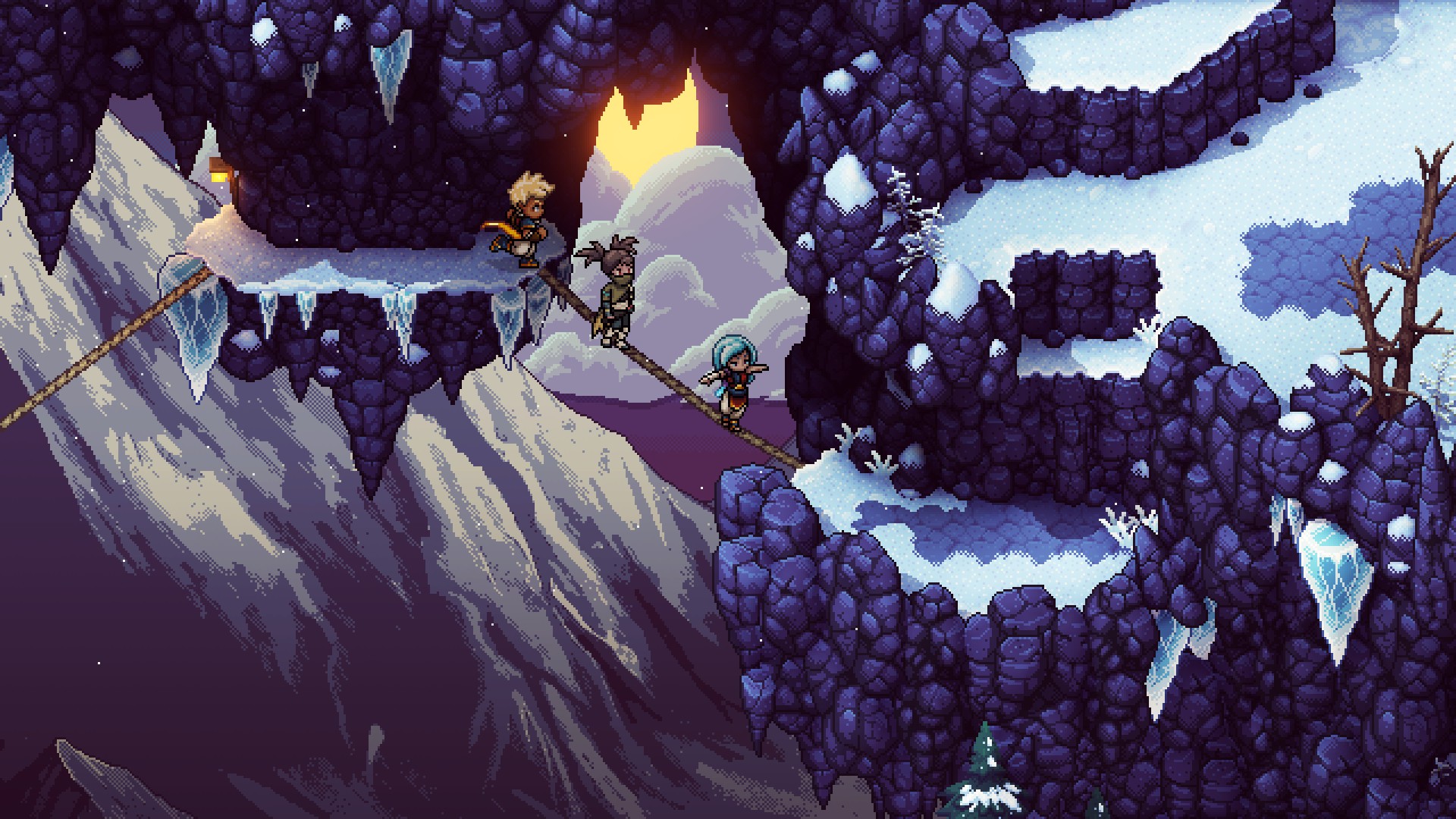
Right now, Sabotage Studio is resting, before work begins anew on Sea of Stars' DLC. Even Boulanger is attempting to chill out, trying to bring himself down from working 18-hour days, and finding other avenues to put his time and effort into. He's even started playing drums, reviving his love for the punk rock scene in an attempt to better instill some balance in his life.
That's actually the central theme to Sabotage's next game: balance. "The third game, I'm hoping it will be more about balance, figuring it out," Boulanger says. "I felt like I was on borrowed time. But I don't feel like that anymore, so now I'm looking more at balance and I'm learning with the help of my colleagues not to do those 18 hour days anymore."
"The Messenger was ninjas and time travel, Sea of Stars was an eclipse with the sun and moon. I will say that for the third game there is an equivalent, very simple theme, like sure let's have an adventure with those kinds of ingredients," Boulanger explains. And so it sounds like Sabotage's eventual third game will be more of what players have come to love the studio for over the past five years. Here's to another five and many more.
Hirun Cryer is a freelance reporter and writer with Gamesradar+ based out of U.K. After earning a degree in American History specializing in journalism, cinema, literature, and history, he stepped into the games writing world, with a focus on shooters, indie games, and RPGs, and has since been the recipient of the MCV 30 Under 30 award for 2021. In his spare time he freelances with other outlets around the industry, practices Japanese, and enjoys contemporary manga and anime.
